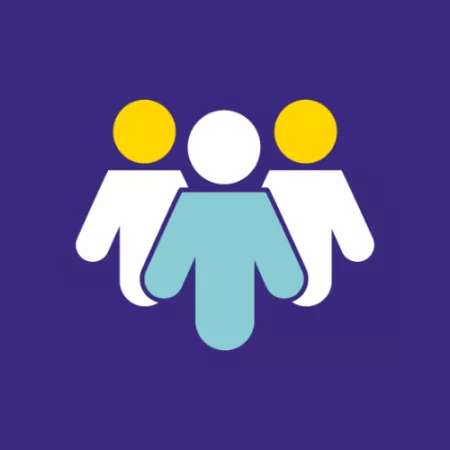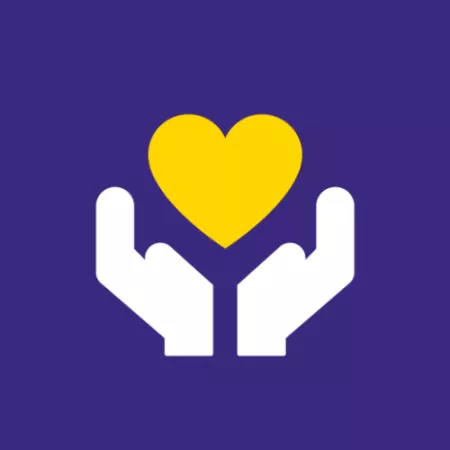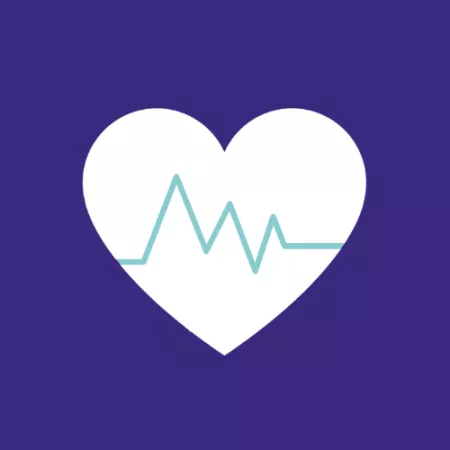When your child has epilepsy, you’ll meet a range of healthcare professionals.
This page tells you who they are, and when and how you’ll meet them. It also includes a link to NICE guidelines on care for children and young people with epilepsy.
Which healthcare professionals will be involved in my child’s care?
When your child has epilepsy, you’ll come into contact with a range of healthcare professionals, including:
A doctor, usually based at a hospital, who manages the care of infants, children, adolescents and young adults (sometimes called secondary care). As epilepsy is one of the most common neurological conditions in childhood, many paediatricians also have training in epilepsy and are known as having a ‘special interest’ in the condition
A doctor specialising in the care of premature or very young babies
A general practitioner or family doctor (sometimes called primary care)
Health visitor
Specialist community public health nurses, (SCPHN) registered midwives or nurses who specialise in working with families with a child aged 0–5 years to identify health needs as soon as possible
School nurse
Nursing and Midwifery Council-registered nurses or midwives who have had additional training and qualifications to become specialist community public health nurses. They lead the ‘Healthy Child Programme: 5 to 19 years old’ and are essential for making sure every child has the best start in life
An experienced nurse who exclusively supports children, young people or adults with epilepsy in a variety of areas, including:
- primary care (e.g. GPs and community pharmacists)
- secondary care (specialist treatment)
- educational settings
- respite and social care settings
They can provide people with information and care-planning sessions that cover emotional well being and strategies for managing their epilepsy. They’re also a point of contact for other community and healthcare services.
A specialist doctor trained to diagnose and manage neurological disorders (any disorder of the nervous system) affecting young people. Paediatric neurologists are involved in the treatment of more complex epilepsy and are sometimes called tertiary care.
Newborn babies
If your baby had seizures in their first few days of life, you’ll probably have met a paediatrician or neonatologist at the hospital.
If you were at home when your baby first had a seizure, or suspected seizure, then it’s likely you’ll have seen a paediatrician in the accident and emergency department.
However, your baby may have been seen by their GP or health visitor first and then referred to a paediatrician at your local hospital.
Your paediatrician will be your main doctor and will keep your GP informed about diagnosis and treatment. Children under the age of 3 (or under the age of 4 for myoclonic seizures) should be referred to a paediatric neurologist for specialist healthcare.
You should still see your GP if you have any other health concerns. Your health visitor will also be kept informed.
Remember to take your ‘red book’ to appointments with all of your health professionals so that it can be kept up to date.
Your paediatrician may arrange for your baby or child to have some investigations and tests, and they will prescribe the anti-seizure medications.
Older children
If you were at home when your child first had a seizure, or suspected seizure, then it’s likely you’ll have seen a paediatrician in the accident and emergency department.
However, your child may have been seen by their GP first and then referred to a paediatrician at your local hospital.
Your paediatrician will be your main doctor and will keep your GP informed about diagnosis and treatment.
You should still see your GP if you have any other health concerns. If you have a health visitor, they will also be kept informed.
Your paediatrician may arrange for your child to have some investigations. They will decide on the best course of treatment to be prescribed and inform your GP.
Epilepsy specialist nurses
At the hospital, whether you’ve had to visit with a newborn baby or an older child, you may also see an epilepsy specialist nurse.
They’re often your first port of call if you have concerns or questions between appointments. They’ll give you their contact number and will be happy for you to call them.
Epilepsy specialist nurses are often very experienced at supporting families and can answer most questions.
If you have queries they can’t answer, they can speak to the paediatrician about your concerns.
All children, young people and adults with epilepsy should have access to an epilepsy specialist nurse.
People with epilepsy who continue to have seizures should be offered a session with an epilepsy specialist nurse:
- At least twice a year
- After visits to accident and emergency (A&E) departments
More complex epilepsy
Children with more complex epilepsy need to be seen by a more specialist doctor, so your paediatrician may refer you to a clinic at a specialist centre or hospital to see a paediatric neurologist (tertiary care).
The paediatric neurologist may refer your child for further tests or investigations, and also discuss other treatment options or medications with you.
They’ll write to your paediatrician and GP to keep them informed so they can continue to prescribe the same anti-seizure medication, monitor your child’s treatment and care for their needs.
The National Institute for Health and Care Excellence (NICE) recommends that children with confirmed or suspected epilepsy should be referred to a tertiary paediatric epilepsy service within two weeks if they:
- Are under three years old
- Are under four years old and have myoclonic seizures
- Have a unilateral (on one side) structural lesion (abnormal brain tissue)
- Show deterioration in their behaviour, speech or learning
Children and young people should also be referred to a tertiary epilepsy service, to be seen within 4 weeks, if:
- There is uncertainty about the type of epilepsy your child has, or its cause.
- Your child’s epilepsy is hard to treat with anti-seizure medication.
- Your child needs more specialist tests or treatment options.
- Your child is eligible to participate in a clinical trial or research study (and you agree to their involvement).
Check out the government's Healthy Child Programme.
Remember – you’re a key member of the team
The highly trained epilepsy specialists you’ll meet will know a lot about the condition and the brain.
You’re the expert on your child. Only you know if their behaviour is unusual for them.
The epilepsy specialists you meet will help you to understand more about your child’s health condition.
When diagnosing epilepsy, there is no one test, so specialists also rely on information from you, including your observations of any suspected seizures. We suggest parents and/or carers take videos of seizures to show the ENS or doctor.
You’re likely to see these people a lot, so it’s worth developing a good relationship with them and talk openly about your concerns, hopes and fears.






